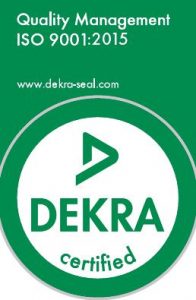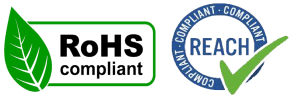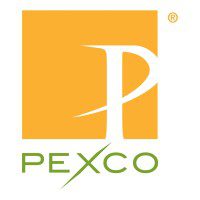Look in any aircraft mechanic’s big red rolling toolbox and you might see a few items that aren’t offered in any toolmaker’s catalog or tool vendor’s truck. Somewhere in there, you’ll probably find a sharpened putty knife, scribe, or utility blade that the mechanic uses to remove gap materials, sealants and adhesives from aircraft substrates and fasteners. Although tools designed for these tasks made of acrylic, polycarbonate and fiber-reinforced plastics are available, they are typically too soft to hold an effective edge for long, and soon end up in the back of the bottom drawer, rarely to be seen (or used) again.
There are two basic problems with these two options. The first is that they simply don’t work very well and require a lot of muscle (and time) to use. The second is that the ones made of metal greatly increase the risk of damaging many aircraft substrates.

EnduroSharp Torlon Aerospace Maintenance Tools
Essentially, what aircraft mechanics need for these jobs are tools that are hard enough to hold an edge and that can be resharpened readily but which won’t damage the underlying surface. To develop these new kind of tools, the experts at Performance Plastics partnered with high-performance polymer supplier Solvay Specialty Polymers, the Air Force Research Laboratory, Materials and Manufacturing Directorate, Systems Support Division (AFRL/RXS) and the University of Dayton Research Institute (UDRI).
EnduroSharp™ aircraft maintenance tools are molded from high-performance Torlon® polyamide-imide (PAI) resin. This tough injection-molding resin offers a variety of advantages over engineering polymers like polyetherimide (PEI) and polyetheretherketone (PEEK), which Performance Plastics also considered during the development of the tools.
Parts made from PEI and PEEK must be machined out of molded blanks to produce a sharp edge. In contrast, the Torlon resin is highly processible, so Performance Plastics’ blades have a sharp edge right out of the mold, eliminating the time, cost and material waste involved in machining. However, when necessary, Torlon resin can be machined to create specialized designs, such as the blades that include a gap to scrape around fasteners. Its thermoset-like properties also allow it to withstand the high heat and friction of resharpening, which can produce burrs on blades molded from PEEK and PEI polymers. Because they are stiffer than PEEK and PEI tools, they can maintain a superior cutting edge far longer and allow for faster material removal. Torlon tools are also heat resistant to 500°F (260°C) and are highly chemical resistant to standard aerospace fluids and solvents, which ensures longer working life.
Because they can prevent the kind of damage to metallic and nonmetallic components or substrates that improvised metal tools can cause, EnduroSharp tools are approved for use on U.S. Air Force, Marine Corps, and Navy military aerospace systems. Depending on the tool used, they are well suited for removing elastomeric coatings, boots, tapes, sealants, adhesives, gap fillers and tape residue from fiber-reinforced composite, plastic, glass, ceramic or metal substrates and fasteners safely remove. To remove material faster, the blades can also be used with heat- or chemical-assisted skiving processes, in which materials are carefully removed one thin layer at a time.
Performance Plastics created the patented EnduroSharp™ line of Torlon® Aircraft Maintenance Tools to hold a superior edge and are extremely durable for removing sealants, adhesives, and coatings.
For more information and to see EnduroSharp tools in action, visit the EnduroSharp section of Performance Plastics’ website or watch the YouTube EnduroSharp Demo.







